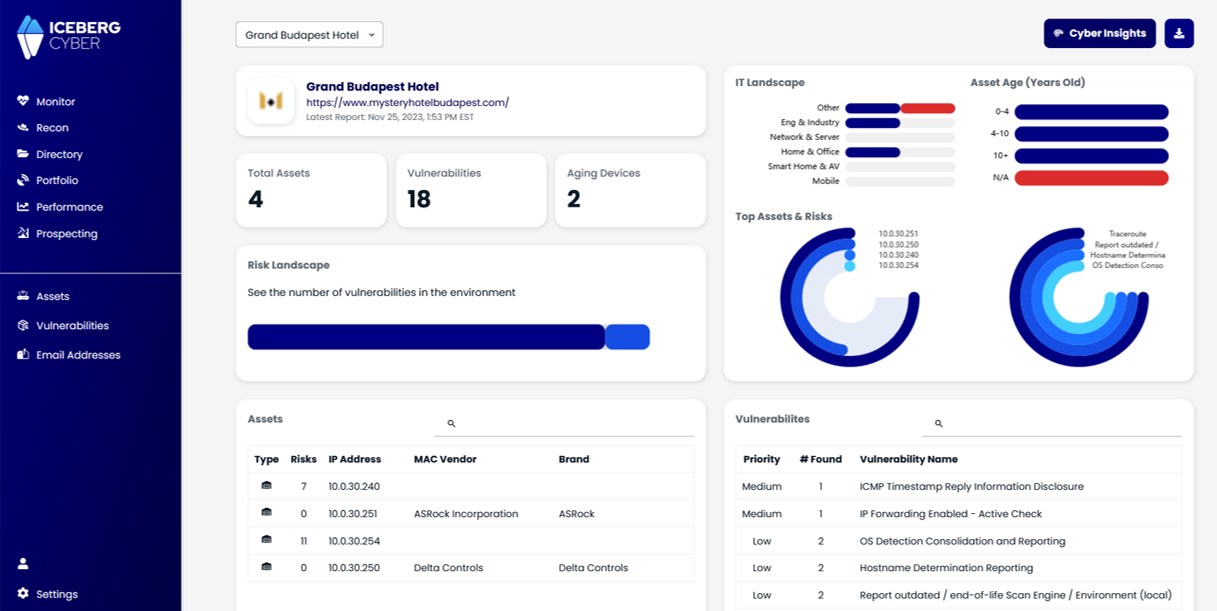Start using Cyber to power your prospecting.



You've heard the acronym CMMC, especially if your business operates anywhere near the U.S. federal government or the Department of Defense (DoD). But what exactly is it? Who really needs to worry about it? And what happens if you don't? These are critical questions, and getting clear answers is essential for many businesses, potentially including yours.
Ivonne Yeste of CyNtell Solutions, a company specializing in cybersecurity consulting for government contractors, recently shed light on these very points. If you're an MSP or a business trying to navigate this landscape, understanding CMMC isn't just a good idea, it can be crucial for your operations, reputation, and ability to win contracts.
"CMMC is a group of standards that's built off of the NIST-871 standard," Ivonne explains. Its full name is the Cybersecurity Maturity Model Certification. At its core, "it's a maturity model for cyber compliance" that businesses dealing with the defense industrial base (DIB) must adhere to.
The key takeaway here is to understand its purpose: to ensure that any organization handling sensitive government information has adequate cybersecurity measures in place.

This is where many businesses get tripped up. It's not just the big prime contractors working directly with the DoD.
"If you make anything that is incorporated into anything that could be used by the federal government and the Department of Defense, then you are required to comply with CMMC," Yvonne states plainly.
She gives several eye-opening examples:
The determining factor, according to Ivonne, "all hinges on the information that you will receive, transmit, process, or store from the federal government." This information doesn't even need to be classified. If it's data that "somebody who is not a friend of the United States government might find interesting", like a floor plan or proprietary formulas, then compliance is necessary.
This is a "trickle down requirement," meaning if you supply a company that in turn supplies the government, the requirement may well extend to you. You'll typically know if it's a requirement when it appears in a Request for Proposal (RFP) or as a condition for accepting task orders under existing contracts.
There are different levels of CMMC, and figuring out which level your business falls under is another critical step.

The penalties for non-compliance or incorrect CMMC certification are severe. Ivonne highlights that it can be "$10,000 for every control that they are wrong about." With 110 controls, each potentially having multiple sub-points, the fines can escalate rapidly.
But it's not just about the money:
"Ignorance is not an excuse," Ivonne notes, comparing it to speeding. If it's a legal requirement, you're expected to meet it. This makes understanding your CMMC obligations a serious business decision.
While the consequences are significant, there's a major upside to CMMC compliance. Yvonne calls it "the carrot."
"This is the carrot because now you can bid on these government contracts. License to hunt," she says. If you don't have the required CMMC level, "then you can't go hunting for new opportunities." Investing in CMMC can open doors to lucrative government work that would otherwise be inaccessible.

For businesses unsure about their CMMC status, the first step is education. "Our primary job...is provide education," Ivonne says of her company's approach. Many business owners simply aren't aware of what CMMC is, its impact, or the risks involved.
This involves:
As an MSP, understanding CMMC allows you to guide your clients through this complex but critical process. For businesses, taking CMMC seriously is essential for protection, compliance, and growth within the federal space. The cost of expert advice to determine your CMMC level and path is often minor compared to "the cost of being wrong."
To learn more about CyNtell Solutions and their CMMC educational resources, you can visit cyntell.com.




